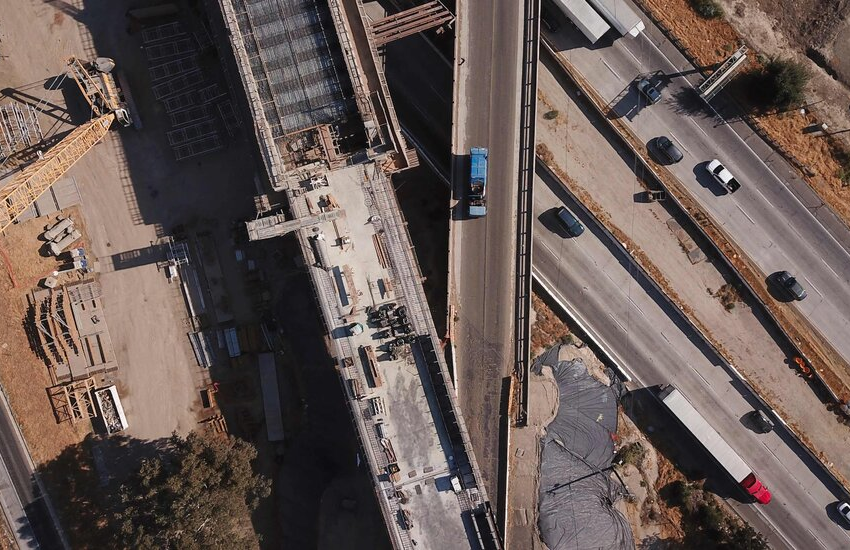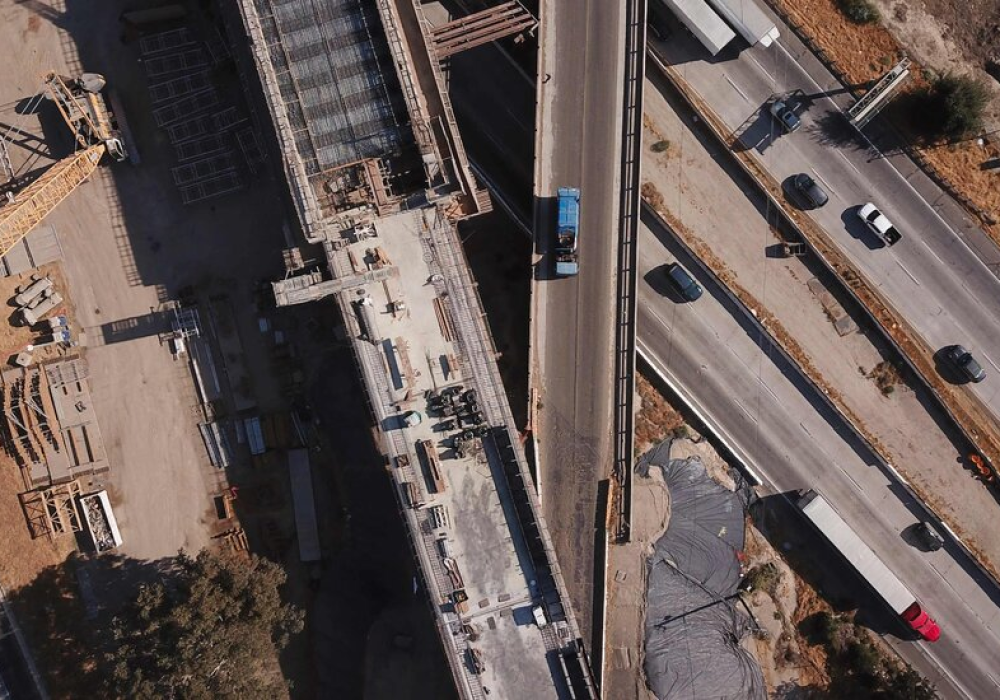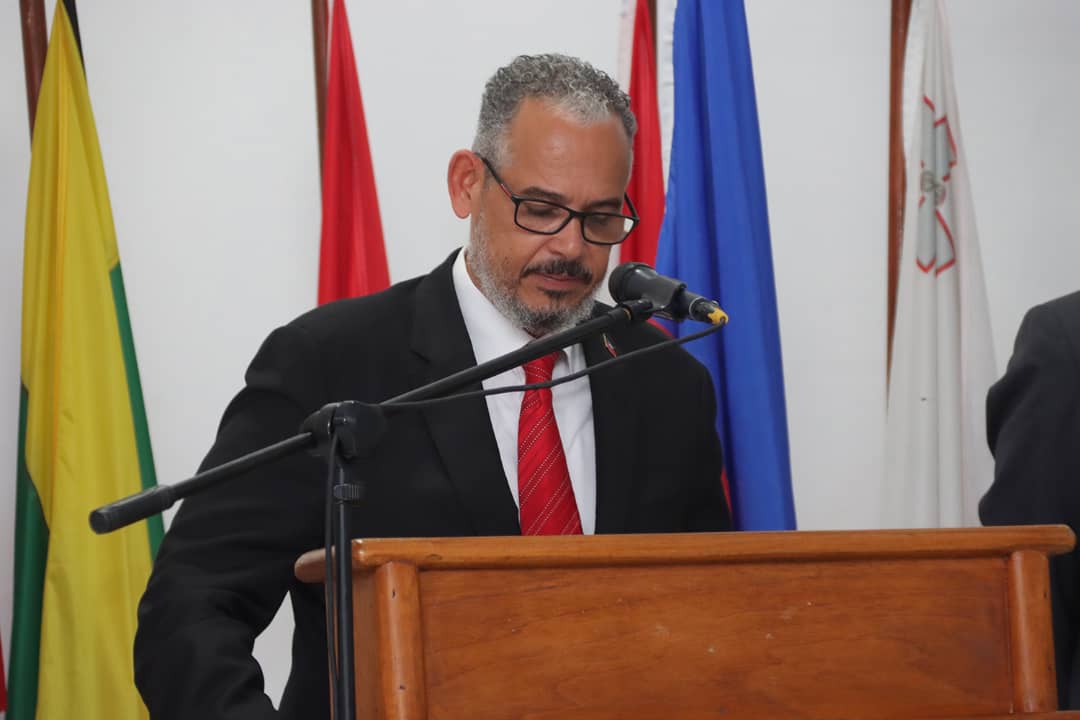“In the world of civic projects, the first budget is really just a down payment,” he wrote in a guest newspaper column in 2013. “If people knew the real cost from the start, nothing would ever be approved. The idea is to get going. Start digging a hole and make it so big there’s no alternative to coming up with the money to fill it in.”
U.S. Transportation Department officials declined to comment for this article, but Biden administration officials have said the new infrastructure package will redress decades of neglect and will boost the efficiency of the American economy, address climate change and provide immediate jobs in construction.
“We’re going to reduce congestion,” Mr. Biden said. “We’re going to address repair and maintenance backlogs, deploy state-of-the-art technologies and make our ports cleaner and more efficient.”
Mr. Flyvbjerg, the Oxford professor, said infrastructure keeps getting more expensive at a time when many products, such as televisions, refrigerators and computers, get cheaper or better each year.
“Big infrastructure is becoming cost prohibitive,” he said, a problem he blames on institutional sclerosis at government agencies that keep repeating mistakes and choose infrastructure projects that are unlikely to succeed.
The mistakes, he said, include a lack of transparency to the public, flawed contracts that put government agencies at the mercy of contractors and a failure to attract enough private investment to bear some of the project’s risk.
The new infrastructure law, he said, does little to change the outlook.
Ronald N. Tutor, chief executive of Tutor Perini, a California firm that is building some of the nation’s largest projects, said the industry has done a good job of advancing and completing projects that by their nature are complex and unpredictable.













